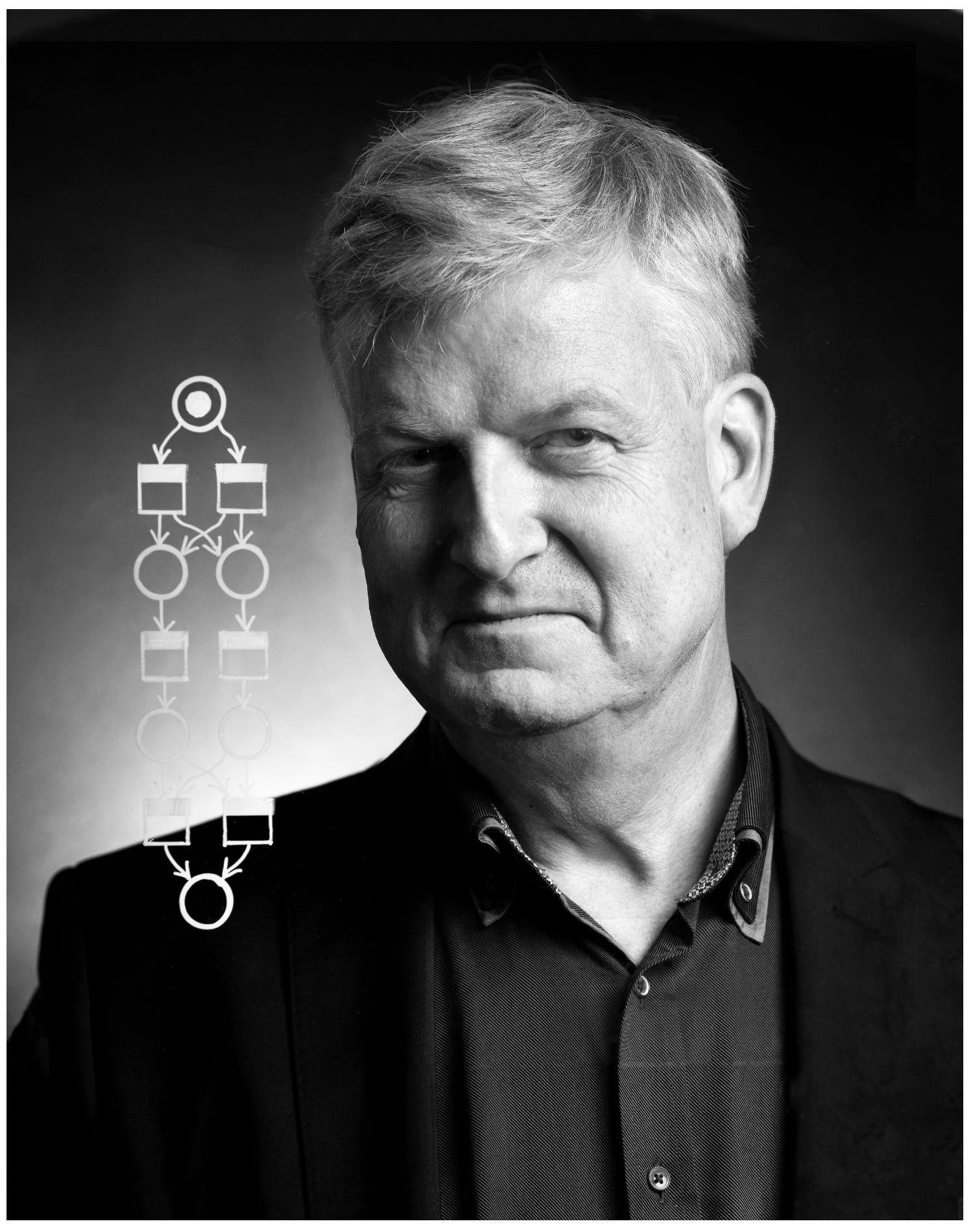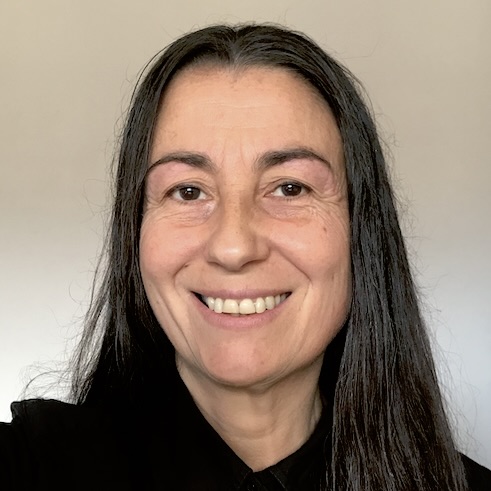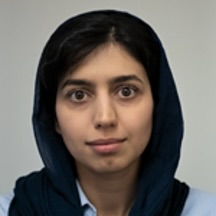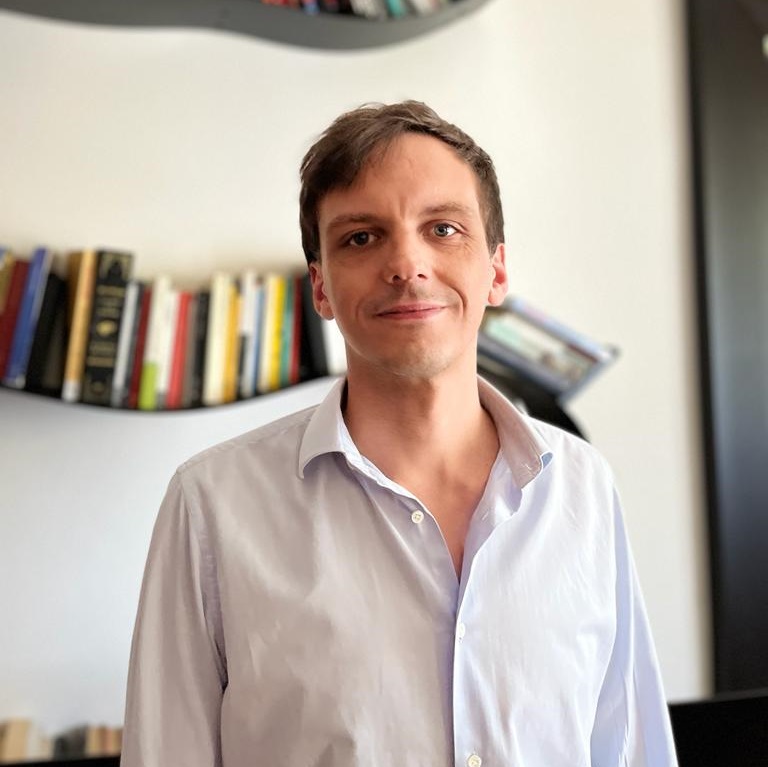Keynote

Speaker: Prof.dr.ir. Wil van der Aalst
Title: Unraveling the Fabric of Intertwined Processes: How Object-Centric Process Mining is changing the way we improve operational processes
Abstract: Traditional process mining, while powerful and effective, is not without limitations. Data extraction and transformation can be time-consuming and need to be repeated when viewpoints of questions change. Interactions between process objects (e.g., sales orders, sales order items, shipments, invoices, etc.) are not captured in traditional event logs and are, therefore, difficult to analyze using traditional techniques. Object-Centric Process Mining (OCPM) and the newly released OCEL 2.0 standard address these problems. In his keynote, prof. Wil van der Aalst explains the need for OCPM and highlights the changes in going from OCEL 1.0 to OCEL 2.0. He will explain recently developed techniques exploiting object-centricity and briefly relate this to the interplay between process mining and generative and discriminative AI (from classical ML to LLMs).
Short bio: Prof.dr.ir. Wil van der Aalst is a full professor at RWTH Aachen University, leading the Process and Data Science (PADS) group. He is also the Chief Scientist at Celonis, part-time affiliated with the Fraunhofer FIT, and a member of the Board of Governors of Tilburg University. His research interests include process mining, Petri nets, business process management, workflow management, process modeling, and process analysis. Wil van der Aalst has published over 900 articles and books. According to Reserach.com, he is the highest-ranked computer scientist in Germany and ranked 10th worldwide. According to Google Scholar, he has an H-index of 175 and more than 135.000 citations. Van der Aalst is an IFIP Fellow, IEEE Fellow, ACM Fellow, and received honorary degrees from the Moscow Higher School of Economics (Prof. h.c.), Tsinghua University, and Hasselt University (Dr. h.c.). He is also an elected member of the Royal Netherlands Academy of Arts and Sciences, the Royal Holland Society of Sciences and Humanities, the Academy of Europe, the North Rhine-Westphalian Academy of Sciences, Humanities and the Arts, and the German Academy of Science and Engineering. In 2018, he was awarded an Alexander-von-Humboldt Professorship.


